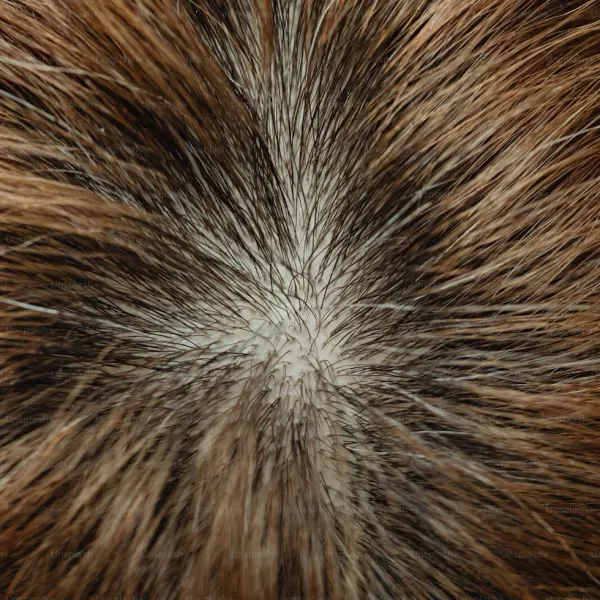
Dandruff is a common issue that can be both bothersome and challenging to manage. The white, flaky skin particles often seen on the scalp and shoulders can be a sign that the scalp is out of balance. To effectively combat dandruff, it is important to understand the various causes and address them with targeted treatments.
Seborrheic Eczema
One of the most common causes of dandruff is seborrheic eczema, an inflammatory skin condition caused by excess oil production on the scalp. This condition is often associated with an overgrowth of the yeast Malassezia. The excess oil leads to rapid turnover of skin cells, resulting in visible flakes. Medicated shampoos containing ingredients like ketoconazole, zinc pyrithione, or selenium sulfide are recommended for this type of dandruff. These ingredients have antifungal properties and help control yeast growth, reducing flaking and irritation.
Dry Scalp
Not all dandruff is caused by excess oil. In many cases, dandruff is the result of a dry scalp. Cold weather, dry indoor air, and harsh hair products can strip the scalp of its natural moisture, leading to itchiness and flaking. For dry scalp, a gentle, sulfate-free shampoo is advised, along with a hydrating scalp treatment. Ingredients like aloe vera and jojoba oil are excellent for soothing and restoring moisture to the scalp.
Psoriasis
Dandruff may also be a symptom of psoriasis, a chronic autoimmune condition that causes thick, scaly patches on the skin. Psoriatic dandruff is often silvery-white and accompanied by redness. Shampoos containing coal tar or salicylic acid are effective for managing psoriasis, as they help break down scales and reduce inflammation.
Fungal Overgrowth
A common trigger for dandruff is the overgrowth of the yeast Malassezia. This yeast naturally exists on the scalp, but under certain conditions, it can multiply excessively, leading to inflammation and flaking. Antifungal shampoos with active ingredients like ketoconazole or selenium sulfide are effective in reducing fungal activity and clearing up dandruff.
Conclusion
Dandruff can have multiple underlying causes, each requiring a different approach to treatment. While medicated shampoos and hydrating products can be helpful, it’s crucial to identify the specific cause of your dandruff to find the right solution. If dandruff persists or becomes severe, consulting a dermatologist is recommended for a tailored treatment plan. Maintaining a consistent scalp care routine can help control dandruff and improve overall scalp health.


